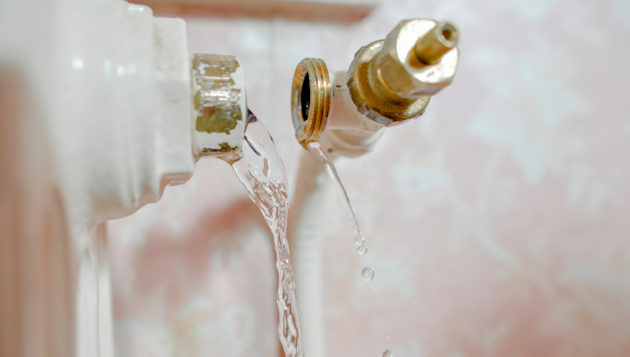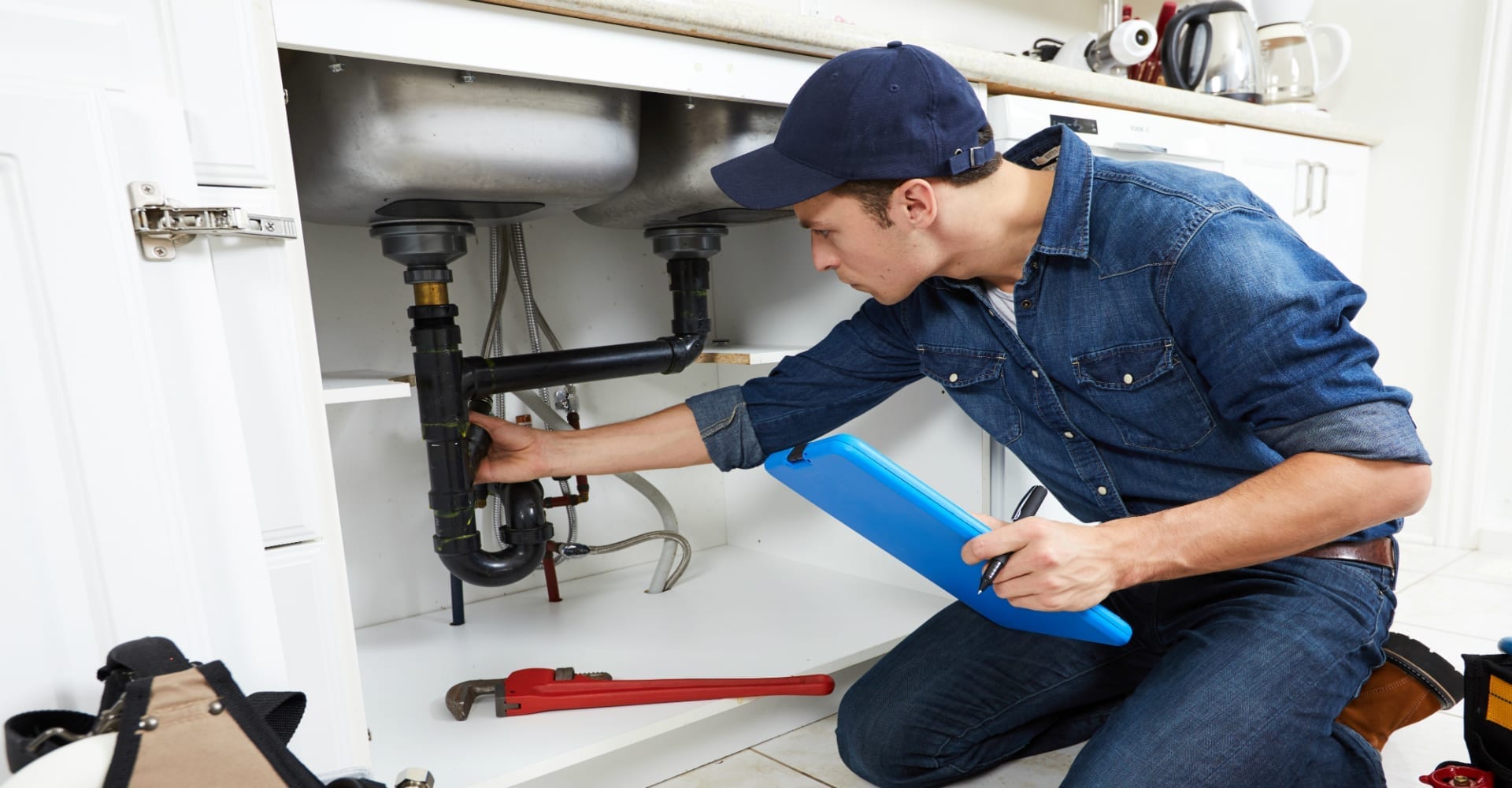What're your opinions about How to Prevent Frozen Pipes?

All house owners who live in warm environments must do their best to winterize their pipelines. Failing to do so can lead to calamity like frozen, fractured, or burst pipelines.
Turn On the Faucets
When the temperature drops and it seems as if the icy temperature will last, it will help to turn on your water both indoors and outdoors. This will keep the water flowing through your plumbing systems. In addition, the movement will certainly reduce the cold procedure. Significantly, there's no requirement to turn it on full blast. You'll wind up throwing away gallons of water by doing this. Instead, go for about 5 decreases per min.
Open Up Cupboard Doors Hiding Plumbing
It would certainly be useful to open up closet doors that are masking your pipes when it's cold outside. For example, they could be somewhere in your cooking area or washroom. This will permit the warm air from your heater to flow there. Because of this, you avoid these revealed pipes from cold. Doing this small trick can maintain your pipes warm and also limit the potentially harmful outcomes of freezing temperatures.
Take Some Time to Cover Exposed Pipeline
One easy as well as cool hack to warm up icy pipes is to cover them with cozy towels. You can likewise use pre-soaked towels in warm water, just do not neglect to use protective gloves to protect your hands from the heat.
Attempt a Hair Dryer or Warmth Gun
When your pipelines are virtually freezing, your trusty hair clothes dryer or heat weapon is a blessing. Bowling warm air straight right into them may assist if the hot towels do not help displace any settling ice in your pipes. Do not utilize various other things that generate straight fires like an impact lantern. This can cause a bigger disaster that you can not control. You might wind up harmful your pipes while attempting to thaw the ice. And in the long run, you might also wind up melting your residence. So be careful!
When Pipelines are Frozen, shut Off Water
Turn off the primary water shutoff right away if you see that your pipes are completely frozen or nearly nearing that phase. You will usually find this in your basement or utility room near the heater or the front wall closest to the street. Transform it off as soon as possible to stop additional damage.
With even more water, more ice will certainly load up, which will at some point lead to break pipelines. If you are unsure about the state of your pipes this winter months, it is best to call an expert plumber for an examination.
All house owners that live in temperate environments should do their best to winterize their pipes. Failing to do so can lead to catastrophe like frozen, cracked, or ruptured pipes. If the hot towels do not help dislodge any kind of resolving ice in your pipes, bowling hot air straight into them may help. Turn off the main water valve quickly if you notice that your pipelines are completely icy or nearly nearing that stage. With more water, more ice will certainly stack up, which will ultimately lead to burst pipes.
PREVENT YOUR PIPES FROM FREEZING THIS WINTER
A Leading Cause of Property Damage
When the weather is taking a deep nose dive into the cold dreary days, the risk of your pipes freezing and potentially bursting skyrockets. Unfortunately, during these cold dreary months, burst pipes are the most common denominator for property damage. The pipes that are most at the risk are those that are in areas where it is most cold in your home. For instance, pipes located in interior places such as basements, attics, and your garage. Unfortunately, that doesn’t mean that the pipes running through your cabinets or exterior walls can’t freeze. Good news, however, is that you can do things to help prevent pipes from freezing.
How to Prevent Pipes From Freezing
Once the temperature starts to drop during the winter, you should be taking the proper measures needed to ensure that your pipes stay warm and that there is circulation of water through them. Some steps that experts may recommend could go against your better judgement when it comes to saving water and heat. However, it would go without saying that when expenses are compared, damaged pipes could put a bigger dent in your wallet than a water bill.
What Can I Do?
Keep your garage door closed. This is very important, especially if you have water supply lines running through your garage. Open your kitchen and bathroom cabinets to allow warm air to circulate through them. Allow air circulation throughout your home. Keeping the interior doors open will once again allow the warm air to circulate inside your home. Ensure your thermostat is running the same temperature throughout the night and day. If you plan to be away from home during the cold months, set your temperature no lower than 55° F. This should provide enough heat to keep the pipes warm and prevent any remaining water inside the pipes from freezing. For more of a long-term solution, add insulation to attics, basement, and other crawl spaces around your home. By allowing your faucet to drip, it will alleviate pressure in the system. This is important because the pressure that is created between the blockage and the faucet can potentially cause the pipes to burst. Allowing the faucet to drip will prevent the pressure from building up, therefore keeping the pipes from bursting. Seal any cracks, openings, and crawl spaces around your home to prevent cold air from coming inside. This keeps your pipes-not to mention your home-warmer and less susceptible to issues caused by freezing temperatures. For the pipes in your home that are easily accessible, applying electrical tape to them might prevent them from freezing over. This is a quick fix, as you can apply the tape directly to the pipe. There are two options for heating tapes. One turns on and off by itself when it senses heat is needed. The other type of heating tape needs to be applied when heat is needed and removed when not necessary. If you have exposed pipes in your home, you can check this website to take a look at a few options that would be available at a shop near you.

Hopefully you enjoyed our piece on Winterizing Your Pipes. Thanks a lot for finding the time to read through our posting. Feel free to take the time to distribute this write-up if you liked it. Many thanks for your time. Kindly check our blog back soon.
Go Deal